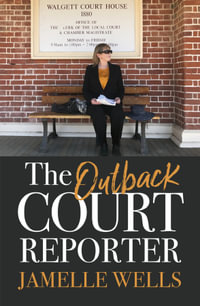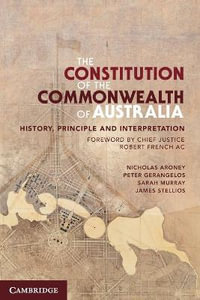
The Psychological Foundations of Evidence Law
By: Michael J. Saks, Barbara A. Spellman
Paperback | 21 February 2016
At a Glance
Paperback
RRP $86.99
$74.50
14%OFF
Aims to ship in 5 to 10 business days
ISBN: 9780814783870
ISBN-10: 0814783872
Series: Psychology and the Law
Published: 21st February 2016
Format: Paperback
Language: English
Number of Pages: 320
Audience: Professional and Scholarly
Publisher: NEW YORK UNIVERSITY PRESS
Country of Publication: US
Dimensions (cm): 22.9 x 15.2 x 1.91
Weight (kg): 0.52
Shipping
| Standard Shipping | Express Shipping | |
|---|---|---|
| Metro postcodes: | $9.99 | $14.95 |
| Regional postcodes: | $9.99 | $14.95 |
| Rural postcodes: | $9.99 | $14.95 |
How to return your order
At Booktopia, we offer hassle-free returns in accordance with our returns policy. If you wish to return an item, please get in touch with Booktopia Customer Care.
Additional postage charges may be applicable.
Defective items
If there is a problem with any of the items received for your order then the Booktopia Customer Care team is ready to assist you.
For more info please visit our Help Centre.
You Can Find This Book In
This product is categorised by
- Non-FictionLawLaws of Specific JurisdictionsLegal System in GeneralCourts & Procedure
- Non-FictionLawJurisprudence & General IssuesLegal Skills & Practice
- Non-FictionLawLaws of Specific JurisdictionsLegal System in GeneralCivil Procedure, Litigation & Dispute ResolutionCivil Procedure & Law of Evidence
- Non-FictionLawJurisprudence & General IssuesLegal History
- Non-FictionLawLaws of Specific JurisdictionsGeneral Works of Private & Civil Law
























